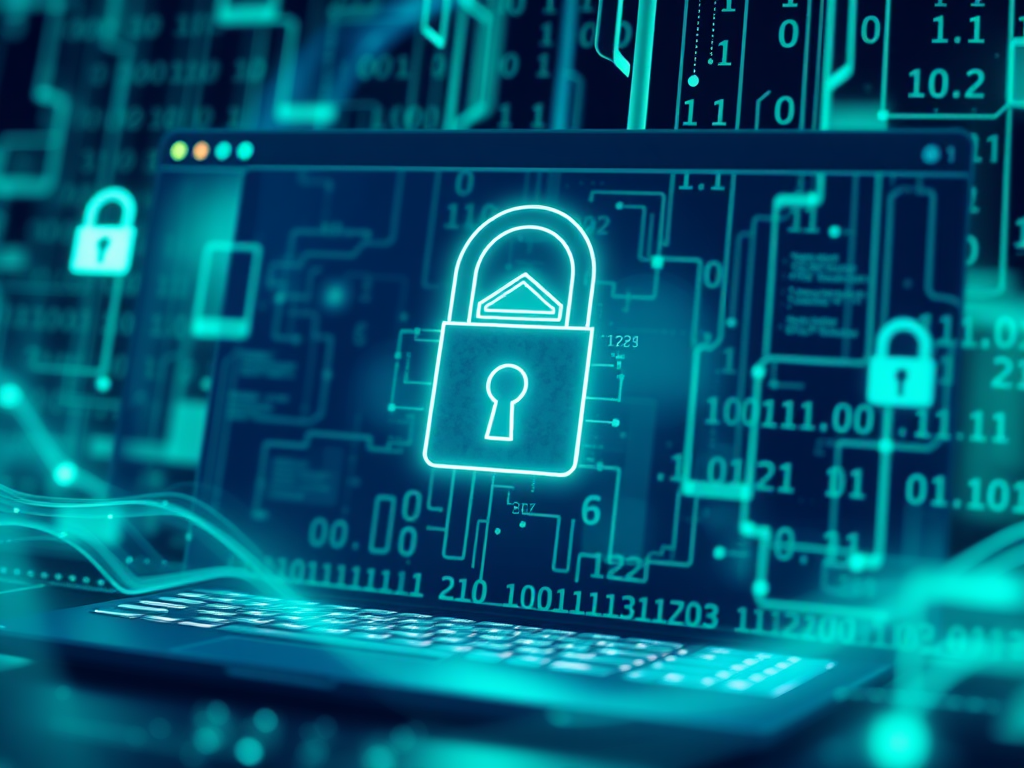Cyber Attack Hits J&K Power Department’s Bill Sahuliyat App
The Bill Sahuliyat App, a key online billing platform for the Jammu and Kashmir Power Department, has fallen victim to a major cyber attack, rendering it inoperational and disrupting essential services.
Impact of the Cyber Attack
- Billing Services Disrupted – Consumers are unable to pay electricity bills online, causing inconvenience across the region.
- Multiple Government Apps Affected – Other digital platforms, including Revenue Plus, JKPaySys, and EMpower, have also been impacted.
- Data Security Concerns – Officials have assured that user data remains safe, but investigations are ongoing to assess the full extent of the breach.
Government Response & Restoration Efforts
- Cyber Police Investigation – Authorities have lodged an FIR and are working with IT experts to trace the hackers.
- Technical Recovery in Progress – A team from Wipro has been engaged to restore affected servers and prevent further breaches.
- Precautionary Measures Taken – Officials have isolated compromised servers to contain the malware attack.
What’s Next?
- Will the government strengthen cybersecurity measures to prevent future attacks?
- How long will it take to fully restore the Bill Sahuliyat App and other affected services?
- What steps can consumers take to manage bill payments during the outage?
The cyber attack has raised concerns about digital security in J&K, highlighting the need for stronger protective measures to safeguard critical infrastructure.
Cybersecurity Challenges & Best Practices for Government Digital Services
As Jammu and Kashmir’s Power Department faces cybersecurity threats, the attack on its Bill Sahuliyat App highlights critical vulnerabilities in government digital services. Ensuring data protection, system integrity, and digital resilience is now more important than ever.
Lessons from Global Cyber Attacks on Public Services
- Ukraine’s Energy Grid Hack (2015, 2016) – A cyber attack caused massive blackouts, exposing vulnerabilities in national infrastructure.
- Indian Government Portal Breach (2022) – Hackers attempted to infiltrate critical government websites, reinforcing the need for stronger security layers.
- US Ransomware Attacks on Government Systems – Cities and states experienced shutdowns due to ransomware, disrupting public services and finance systems.
Lesson for J&K – Regular security audits, advanced threat detection, and multi-layered defense mechanisms are crucial to protecting government platforms.
Strengthening Digital Security for Government Apps
1. Upgrading Infrastructure & Cyber Defenses
-
- End-to-End Encryption – Strong encryption prevents data interception and unauthorized access.
- Real-Time Monitoring & Threat Detection – AI-powered systems can identify suspicious activities before damage occurs.
2. Educating Staff & Public on Cyber Hygiene
-
- Strong Password Policies – Encouraging users to adopt secure password management practices.
- Public Awareness Campaigns – Teaching citizens about safe online transactions and phishing prevention.
3. Government-Led Cybersecurity Reforms
-
- Strengthening IT Partnerships – Collaborating with cybersecurity firms and ethical hackers for system testing.
- Regulatory Frameworks & Cyber Laws – Implementing strict penalties for cybercrime while enhancing data protection policies.
Future Cybersecurity Strategies for J&K Government
- Deploying AI-Based Security Measures – Automating threat detection and response for proactive protection.
- Creating Emergency Response Teams – Establishing dedicated cyber recovery teams to mitigate attacks swiftly.
- Expanding Secure Payment Alternatives – Allowing consumers to access backup digital payment methods during service outages.
By adopting robust cybersecurity measures, J&K can reduce risks, protect citizen data, and strengthen digital resilience for the future.



